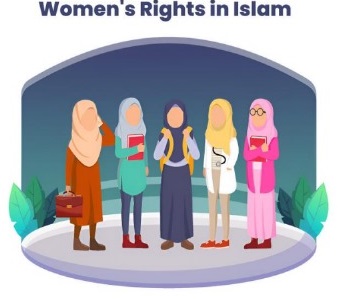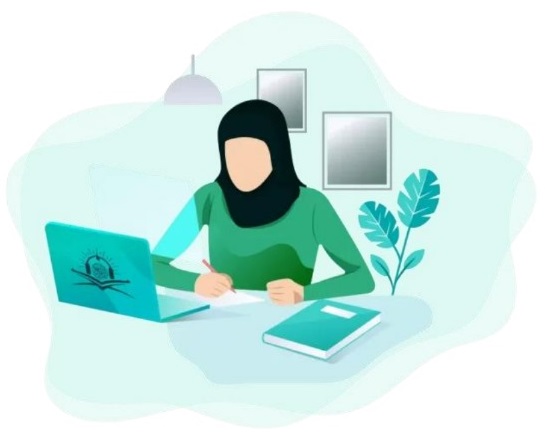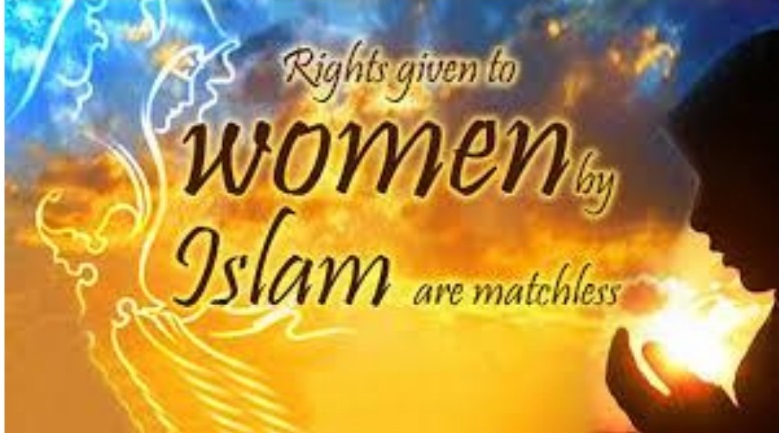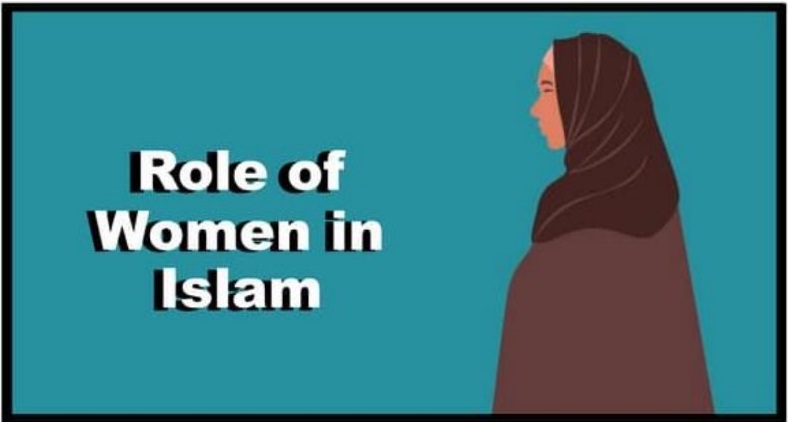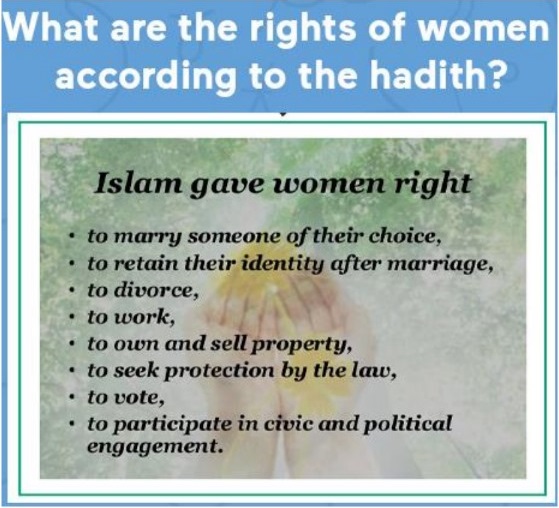1.
Spiritual Role of Women in Islam:
Women in Islam share equal spiritual obligations and opportunities with men. They
are encouraged to seek knowledge, worship Allah, and engage in acts of charity and
righteousness. Women have the freedom to practice their faith, participate in religious
gatherings and rituals, and seek spiritual guidance.
2.
Family Role of Women in Islam:
Women are fundamental to the family unit in Islam, considered the cornerstone of the
household. They bear responsibility for nurturing and raising children. Islam
emphasizes a harmonious family life where both parents share in providing children
with love, care, and discipline.
3.
Education and Intellectual Role of Women in Islam:
Islamic teachings advocate for education for both genders.Women have the right to
pursue knowledge in diverse fields, including religious studies, sciences, arts, and
literature. Islam encourages women to be intellectually curious, pursue lifelong
learning, and contribute their knowledge and skills to society.
4.
Economic Role of Women in Islam:
Islam acknowledges women's economic capabilities, permitting them to engage in
business and financial transactions. Women have the right to own and manage
property, operate businesses, and earn income. They contribute to the economic wellbeing of
their families and participate actively in societal development.
5.
Active Participation in Society:
Women in Islam are encouraged to actively participate in their communities, making
significant contributions to social welfare and demonstrating kindness and
compassion toward others. They have the right to voice their opinions, participate in
decision-making processes, and advocate for fairness and equality for all.
6.
While cultural practices may vary, Islam recognizes women's potential to hold
leadership positions and exert influence in various domains. Women can serve as
scholars, educators, counselors, and mentors, guiding and inspiring others with their
wisdom and knowledge. They also have opportunities to contribute to public life and
assume leadership roles that benefit the community.
Learn the step-by-step process of performing Wudu for females in Islam. Enhance
your worship by properly performing ablution – read "How To Perform Wudu For
Females?" now!
